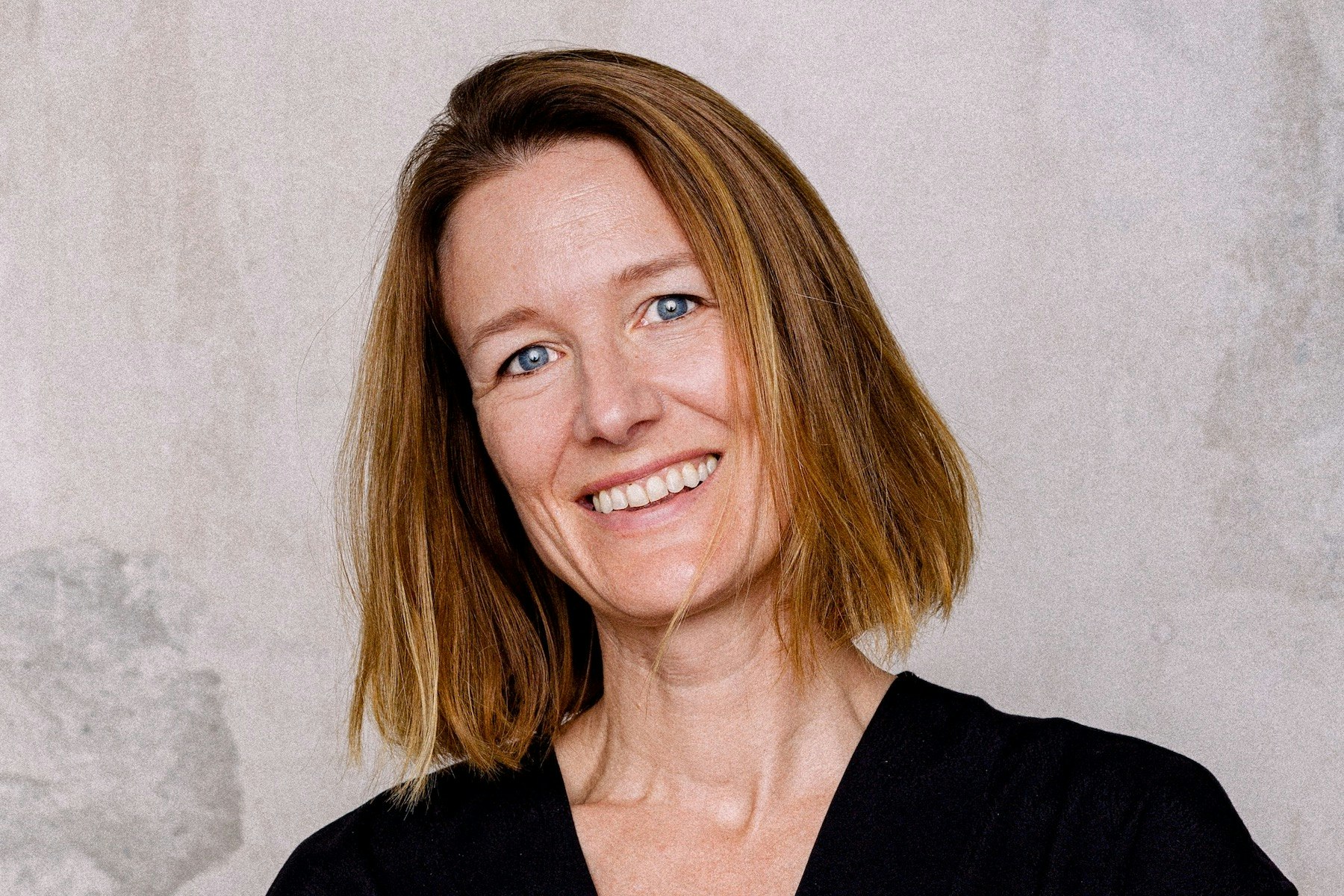While technologies like carbon accounting and energy have attracted the most interest in European climate tech, biodiversity is a crucial piece of the puzzle when it comes to how startups and investors alike can contribute to efforts to save the planet.
From platforms to promote regeneration projects to measuring ocean diversity, founders in the sector are working to maintain or increase the biodiversity of nature and combat the effects of climate-altering events like deforestation.
It seems VCs are cottoning on to the importance of the sector.. Though not quite reaching last year’s peak of $183m, so far in 2023 startups in the space have drummed up 46% more in funding than two years ago, with $128m secured according to Dealroom.
But which companies are investors keeping a close eye on? Here are 11 biodiversity startups to watch, according to investors from Planet A, Kintanna Ventures and Norrsken VC.
Lena Thiede, cofounding partner at Planet A

Planet A is an early-stage VC fund dedicated to supporting European climate tech startups.
Iceberg Data Lab — France
Paris-based Iceberg Data Lab provides environmental data and analytics tools to allow financial institutions to assess the biodiversity impact of their investments. It also tells companies if the entity that it’s measuring (which can be a company, country or asset) is aligned with the Paris Agreement's goal of limiting global temperature rise to below 2°C compared to pre-industrial levels. Since launching in 2020, it’s raised €5m in seed funding.
Zulu Ecosystems — UK
Zulu Ecosystems offers an end-to-end workflow platform to connect land owners with corporates, to help the latter fulfil regeneration commitments. The projects it helps to plan and implement aim to regenerate nature — for example, past projects have included restoring woodlands and peatlands on a private estate and identifying new woodland creation opportunities in the Upper Thames area of the UK.
Natcap — UK
Natcap is a “nature intelligence” company spun out of Oxford University which offers a platform that allows corporations to meet new nature-related reporting requirements. It also helps them to manage nature dependencies, impacts, risks and opportunities, as well as set targets on how the business could mitigate or reduce its impact on the environment.
Ben Saunders, general partner at Kintanna Ventures

Kintanna Ventures is an early-stage fund backing climate-tech startups globally.
Soilytix — Germany
40% of the world's soil is currently facing alarming degradation. Soilytix is focused on monitoring soil biodiversity, including levels of bacteria, fungi and microfauna and helping companies access this breakdown to use it to maximise crop yields and measure its carbon removal potentials. Right now, the team is working with supermarkets to enable them to accurately monitor the impact of regenerative practices of farms within their supply chain.
Stream Ocean — Switzerland
The UN's Global Biodiversity Framework has set a target to protect 30% of our oceans by 2030, but one challenge for the sustained growth of offshore wind farms is their potential impact on marine life. Stream Ocean has developed an advanced, durable underwater camera system designed specifically for this problem — this is paired with proprietary real-time analytics software, which essentially functions as facial recognition for fish. Its technology enables developers to automatically monitor and report on their biodiversity impact, providing data to ensure that the expansion of renewable energy does not come at the expense of marine health.
Algapelago — UK
Led by former record-breaking ocean rower Olly Hicks, Algapelago is building large-scale offshore kelp farms. Its farms help to capture CO2, boost ocean biodiversity, and significantly improve local soil health. The company is already operating its first farm, and as the largest UK licensed kelp cultivator, Algapelago says it plans to expand to more than 500 hectares by 2025.
Fabian Erici, principal at Norrsken VC

Norrsken is a Swedish early-stage impact VC
Nala Earth — Germany
Nala Earth is a platform that helps companies measure, report, and act on their biodiversity impact and risks. It uses various data sources like the company’s potential impact on water stress and deforestation to assess its impact, and provides tools to help a business prepare to comply with new regulations around disclosing impact and setting reduction targets.
Pivotal Earth — UK
Pivotal Earth is working to regenerate biodiversity at scale by providing affordable and scalable ways to link biodiversity commitments and actions to real, evidenced outcomes. It is building a detailed set of annotated, species-level biodiversity data, which it uses to link biodiversity gains to financial mechanisms like sustainability-linked bonds and biodiversity credits that will encourage investment in restoration projects.
Leeana — Germany
Leeana is a platform that helps companies and financial institutions understand, measure, and mitigate their impact on biodiversity. The platform provides a unified solution that includes data management, risk assessment, reporting, and mitigation planning. Leeana's mission is to help organisations make a positive impact on nature by aligning business activities with regulations that are working towards biodiversity conservation goals.
Single Earth — Estonia
Single Earth is a platform that channels investments to landowners by identifying and assessing the impact of potential projects in need of funding, and connecting investors with the people working on conservation projects. Enterprises can buy tokens to balance their impact on nature and boost ESG scores, and a digital twin made of natural ecosystems in which projects are being planned tracks things like carbon sequestration and biodiversity to report back on the progress made.
Agreena — Denmark
Agreena helps farmers adopt regenerative agriculture practices that improve soil health and sequester carbon, and companies to access a way to balance out their impact on nature. The platform allows farmers to sell carbon credits to companies that are looking to offset their emissions, incentivising farmers to adopt sustainable practices in order to access the new revenue stream.



